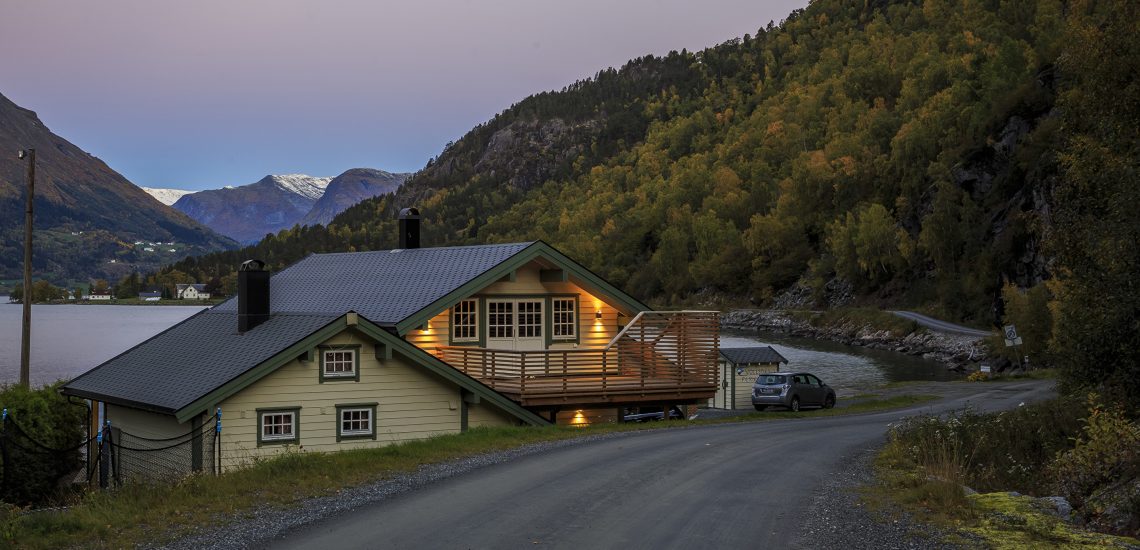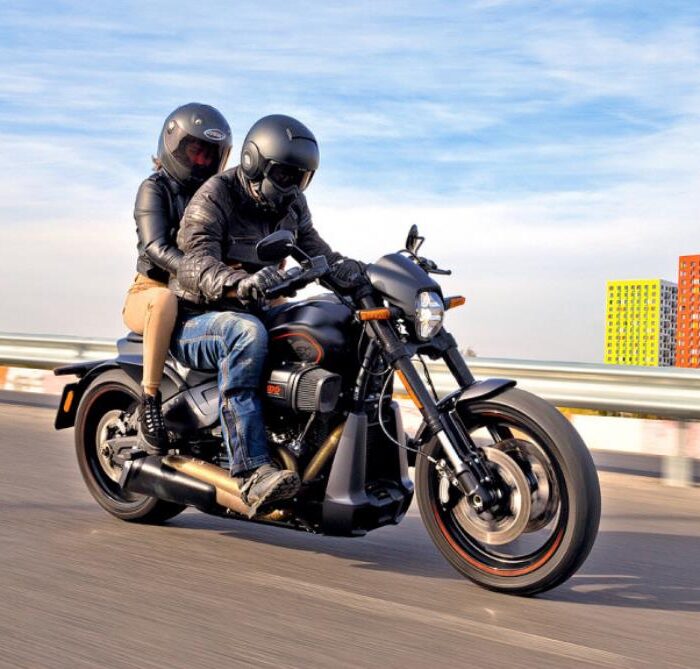Planning to explore Sweden by car? Understanding the country’s road network is essential for a smooth journey. This comprehensive guide covers everything you need to know about driving in Sweden, from road conditions and toll sections to traffic regulations and city congestion taxes.
Road Network Quality and Infrastructure in Sweden
Sweden boasts one of Europe’s most well-maintained road networks, with nearly 500,000 kilometers of roads offering exceptional quality and safety features.
Key features of Swedish roads include:
- Multi-lane highways with two or more lanes in each direction
- Excellent road surface quality and comprehensive lighting systems
- Clear road markings and extensive signposting
- Modern infrastructure with numerous overpasses, bridges, tunnels, and interchanges
- Advanced warning systems for turns and speed cameras (often 1-2 km in advance)
- Minimal traffic congestion due to modest car ownership rates
The extensive signage system makes navigation straightforward, even without GPS. Road markers use a simple color-coded system: green for route numbers, blue for city names and distances, and yellow for speed limits and distance warnings.
Highway Amenities and Rest Stops
Sweden’s federal highways feature excellent facilities for travelers:
- Numerous motels along major routes
- Free parking areas with comprehensive facilities
- Clean restrooms and shower facilities
- Electrical outlets for charging devices
- Picnic areas with tables and benches
- Impeccably maintained cleanliness standards
Even rural roads maintain high-quality surfaces. Traffic is generally light, and you may drive for dozens of kilometers without encountering another vehicle. Police presence is minimal, though speed cameras are common and clearly signposted.
Driving in Stockholm: What to Expect
Sweden’s capital presents unique challenges due to ongoing road construction and maintenance. For navigating Stockholm, consider these tips:
- Use high-quality GPS navigation with real-time updates
- Obtain a local SIM card for reliable internet connectivity
- Be prepared for unexpected road closures
- Expect patient, courteous drivers who rarely honk or display road rage
Swedish drivers are notably calm and considerate, making the driving experience pleasant even when navigation becomes challenging.
Toll Roads and Bridges in Sweden
While Sweden doesn’t have toll motorways, several major bridges require payment:
Svinesund Bridge (Sweden-Norway Border)
- Connects Sweden and Norway on the Oslo-Gothenburg motorway
- Length: 704 meters
- Payment required for cars and trucks (motorcycles and mopeds exempt)
- Cash payment not accepted; stopping on the bridge is prohibited
- Electronic payment systems required

Öresund Bridge (Sweden-Denmark)
- Connects Copenhagen, Denmark with Malmö, Sweden
- Length: 7.845 kilometers
- Four-lane traffic in both directions
- All vehicles including motorcycles must pay
Payment options at Öresund Bridge:
- Yellow lane: Cash payments
- Blue lane: Credit/debit cards (Visa, MasterCard, American Express, etc.)
- Green lane: BroBizz® subscribers only
- Accepted currencies: Danish krona, Swedish krona, and Euro (change given only in kronas)
Sundsvall Bridge
- Crosses Sundsvall Bay
- Length: 2.109 kilometers
- Four-lane configuration
- Motorcycles and mopeds exempt from tolls
- Automatic license plate recognition system
- Payment invoices sent to registered vehicle owner’s address
Motala Bridge
- Spans the strait between Lake Vättern and Lake Buren
- Length: 620 meters
- Four lanes of traffic
- Motorcycles and mopeds exempt from payment
Understanding Sweden’s Congestion Tax System
Stockholm and Gothenburg implement congestion charges to manage urban traffic. This tax applies to both domestic and foreign vehicles entering designated zones.
How the Congestion Tax Works
- Automatic license plate recognition at checkpoints (no physical toll booths)
- Monthly invoices sent to registered vehicle owners
- Payment deadline specified on the invoice
- Funds transferred to Swedish Transport Agency bank account
Which Vehicles Pay Congestion Tax
Subject to tax:
- Passenger cars
- Trucks
- Buses under 14 tons
Exempt from tax:
- Motorcycles
- Mopeds
- Buses over 14 tons
Congestion Tax Schedule
Tax is charged:
- Monday through Friday
- Between 06:00 and 18:29
- Amount varies by time of day
Tax-free periods:
- Saturdays and Sundays
- Public holidays
- Day before public holidays
- Entire month of July
Stockholm Congestion Tax Details
Stockholm offers a convenient automated payment system. Simply create an account online, register your vehicle license plate number and payment card details, and charges are automatically deducted for each entry.
Special rule for Lidingö district: No tax charged when crossing two different checkpoints within 30 minutes if one is located on Gasverksvegen, Lidingevegen, or Norra Hamnvegen roads.
Gothenburg Congestion Tax Details
Gothenburg applies a one-time payment rule: vehicles crossing multiple checkpoints within 60 minutes are charged only once, at the highest applicable rate.

Driving License Requirements for Sweden
To legally drive on Swedish roads, you must possess valid documentation proving your right to operate a vehicle. Sweden recognizes international driving permits, making it easy for foreign visitors to drive legally throughout the country. If you don’t currently have an international driving license, you can obtain one quickly and conveniently through authorized services.
Sweden offers excellent conditions for motorists, combining high-quality infrastructure, clear regulations, and courteous drivers. With proper documentation and understanding of the local rules, exploring Sweden by car is both enjoyable and hassle-free.

Published September 17, 2018 • 5m to read





